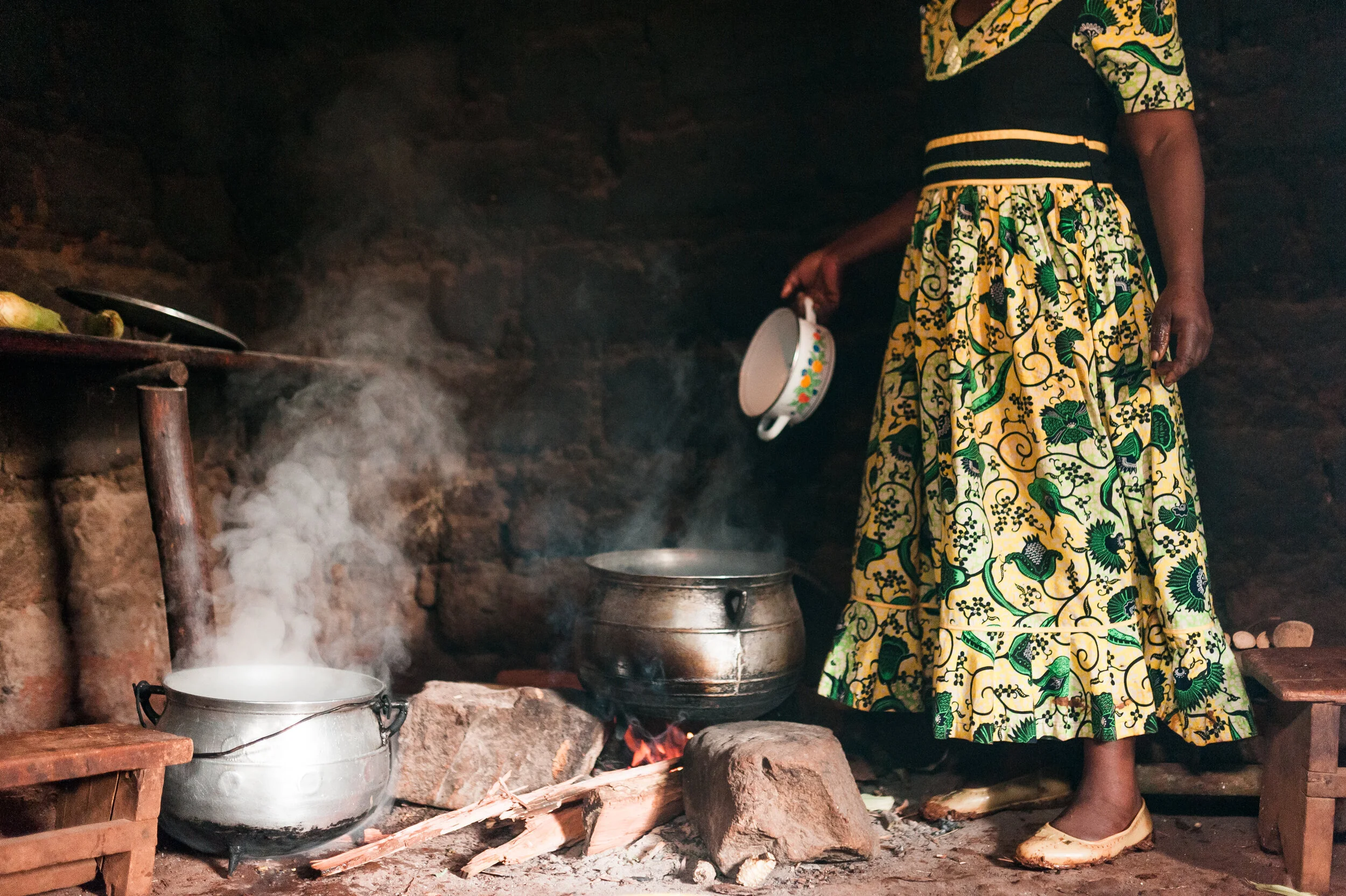Cicada Season
Cicada Season
I heard an actress say the other day that,
being Japanese-American and bisexual, she is
doubly invisible. Unfortunate when your job
is to be seen. I always thought of invisibility
as my superpower. Middle child,
Chinese girl, never a threat to TSA.
That I love women only increases my power,
hidden even to those not used to being seen.
At the only event for bisexuals
we were told to take freely from the shelves.
Queer literature, anthologies, scholarly works
on being gay in America- I could not find
a single book on what I was. There is a thrill
in being so unseen that anything said is christening.
The Chinese workers who built the railroad had no history
until bits of their lives were dug from the ground.
Old cans pierced with nails to rinse vegetables,
thick-bellied glazed jars for cabbage
and rice wine, slender sherds of mint-green porcelain.
Their history written for the first time this year- imagine.
In dirt invisibility is strong. Cicadas sleep
below the forest for seventeen years, the most patient
hiding, so long it is invisible to memory. But they do
remember, they emerge together, they enter
the true power of being invisible
which is to suddenly be seen, to claim the sky
until it is all one big roar.
On the way to 86th street, the 1 train stops working
At first people check the windows, outside them
just dark brick. The train cars slowing until the lights
go dim. Switching off my music I hear
the murmur of people loosening their grips on poles.
No one moves or wants to move.
For a moment there is nowhere to be- this morning
I left bed restless to finish my work from the week,
my laptop glowing in the other room.
I have not called my mother in months. Tomorrow I will
apply for jobs, take out the trash,
learn my mother’s new phone number. We are out of eggs.
In the train car people blink, already pressed close,
belly to elbow to bloated grocery bag,
but in the dark it is different. The woman before me
relaxes her long neck, not using her phone,
not looking anywhere, not even
swaying with the train because we are still
waiting to move out of the dark.
Ya Li
Before I leave for the airport
my father gives me
two pears, pale globes
webbed in a soft netting.
He has learned to fly:
knows that pears are
better than water, that they will
pass through security and keep me full.
These are the same kind
he brought on a flight home, sixteen hours,
the year he returned to his village to find
his mother nearly blind.
Rocklike, nearly unbruisable.
He reminds me to eat,
checks the pears in their plastic bag,
the muscled fruit
harder than Bartlett flesh.
On the plane I take one from its foam web and
taste the yellow sandpaper skin, bite
the sharp crunch of water. Suck the gritted meat
until juice runs down my wrist, thin honey,
and listen to my father. I eat.
This set of poems addresses the centrality of labor, often unseen, in the immigrant experience. As a second-generation Chinese-American, a key part of my growing up was reconciling the reality of my parents' hard upbringings with my own privileged, urban life in America. The invisibility of this labor is part of a long legacy of Chinese diaspora, but is not distant just because it lives in history; it is part of the vegetables in our dinner, the fruit my father packs before I fly back to the city.








